The new black hole image offers further confirmation for Albert Einstein’s theory of general relativity.
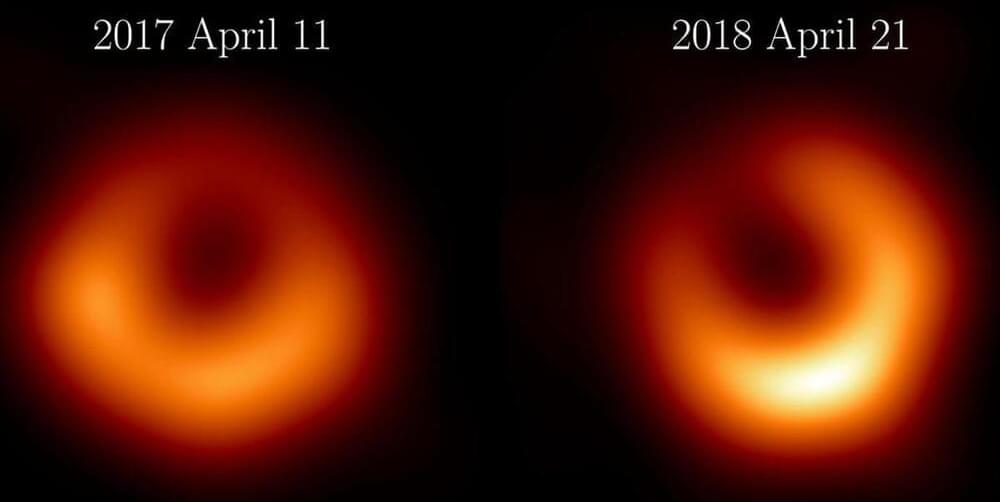

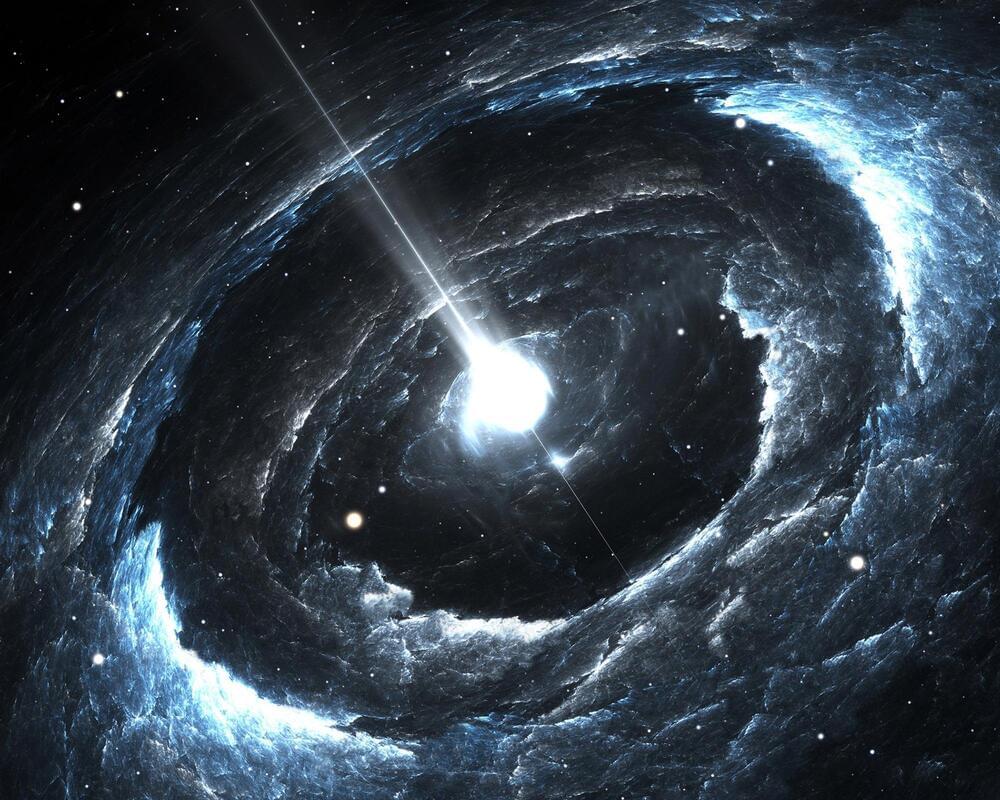
The U.S. Naval Research Laboratory and the Fermi Large Area Telescope Collaboration have discovered nearly 300 gamma ray pulsars, advancing pulsar research and contributing to gravitational wave studies and navigation applications. The findings also include insights into “spider” pulsars, where a neutron star interacts intensively with its binary companion.
The U.S. Naval Research Laboratory (NRL), in conjunction with the international Fermi Large Area Telescope Collaboration, has announced the discovery of almost 300 gamma ray pulsars. This announcement was made in their Third Catalog of Gamma Ray Pulsars, marking a significant achievement 15 years after the 2008 launch of the Fermi telescope. At the time of Fermi’s launch, there were less than ten known gamma-ray pulsars.
“Work on this important catalog has been going on in our group for years,” said Paul Ray, Ph.D., head of the High Energy Astrophysics and Applications Section at NRL. “Our scientists and postdocs have been able to both discover and analyze the timing behavior and spectra of many of these newfound pulsars as part of our quest to further our understanding of these exotic stars that we are able to use as cosmic clocks.”

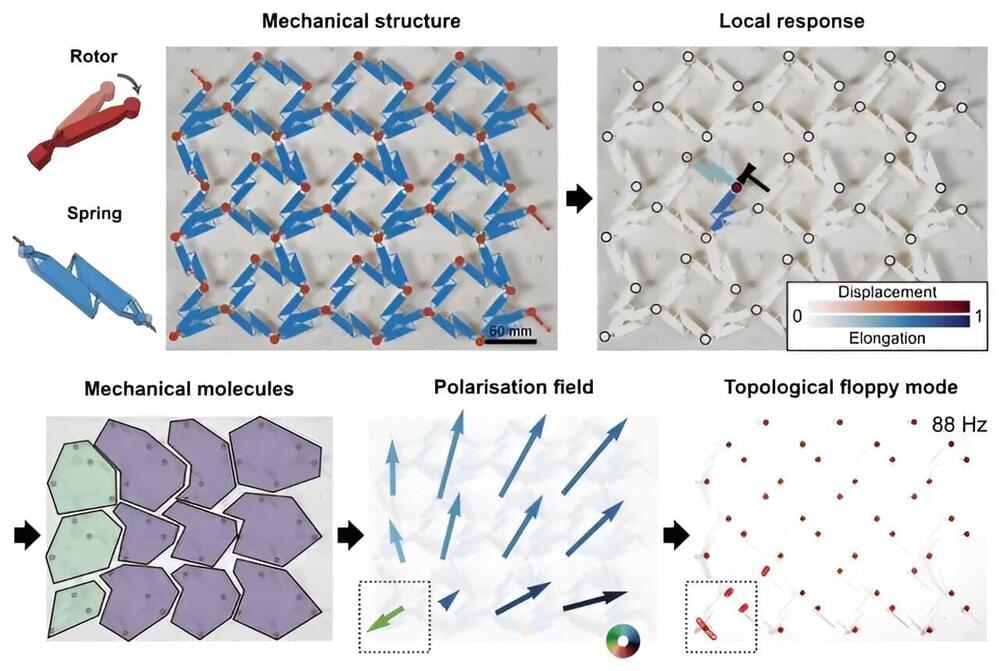
The branch of mathematics known as topology has become a cornerstone of modern physics thanks to the remarkable—and above all reliable—properties it can impart to a material or system. Unfortunately, identifying topological systems, or even designing new ones, is generally a tedious process that requires exactly matching the physical system to a mathematical model.
Researchers at the University of Amsterdam and the École Normale Supérieure of Lyon have demonstrated a model-free method for identifying topology, enabling the discovery of new topological materials using a purely experimental approach. The research is published in the journal Proceedings of the National Academy of Sciences.
Topology encompasses the properties of a system that cannot be changed by any “smooth deformation.” As you might be able to tell from this rather formal and abstract description, topology began its life as a branch of mathematics. However, over the last few decades physicists have demonstrated that the mathematics underlying topology can have very real consequences. Topological effects can be found in a wide range of physical systems, from individual electrons to large-scale ocean currents.
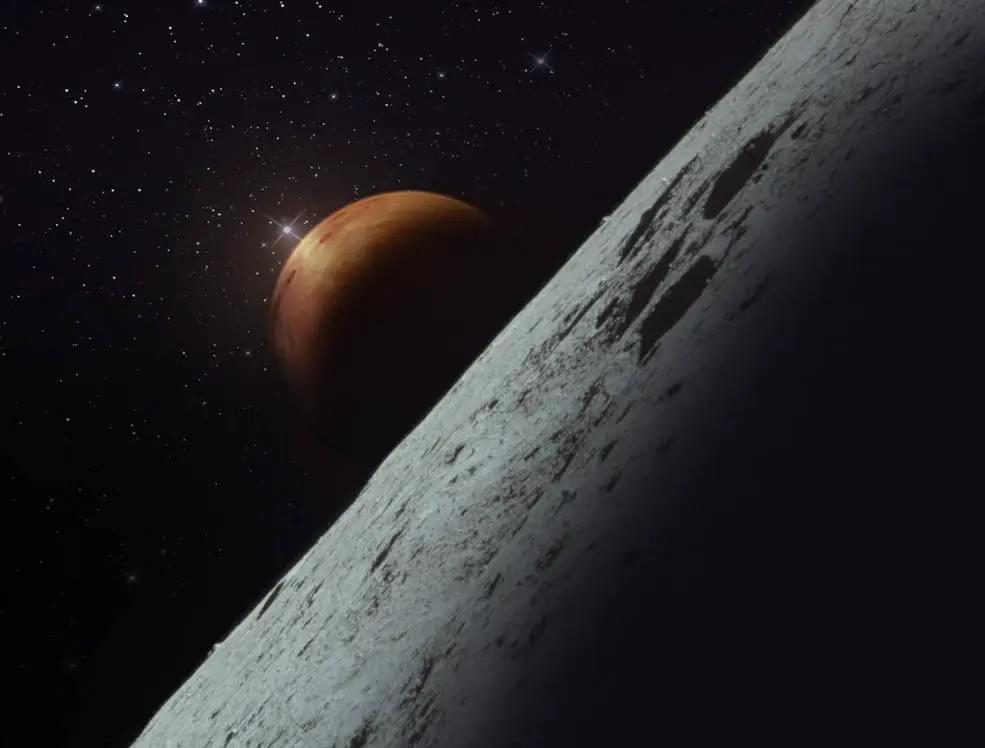
NASA’s Moon to Mars Architecture has been instrumental in developing, designing, and executing the long-term goals of establishing not only a permanent human presence on the Moon but sending humans to Mars, someday. Today, NASA announced the results from the recent 2023 Moon to Mars Architecture Concept Review, which outlines key objectives, strategies, and key decisions in establishing a human presence on Mars in the future.
The Concept Review discussed in detail the architecture objectives and segments for not only returning humans to the Moon but establishing a long-term presence there through testing new technologies, systems, and equipment that would be used on an eventual human mission to Mars. the Moon to Mars Objectives cover a myriad of goals, including lunar and planetary science, heliophysics, human and biological science, physics and physical sciences, science enabling, applied science, lunar infrastructure, Mars infrastructure, transportation and habitation, and operations.
“Over the last year we’ve been able to refine our process for Moon to Mars architecture concept development to unify the agency,” Nujoud Merancy, who is the Deputy Associate Administrator for Strategy & Architecture for NASA’s Exploration Systems Development Mission Directorate (ESDMD), said in a statement. “Our process in the coming months will focus on addressing gaps in the architecture and further reviewing the decisions the agency needs to make to successfully mount crewed Mars missions.”
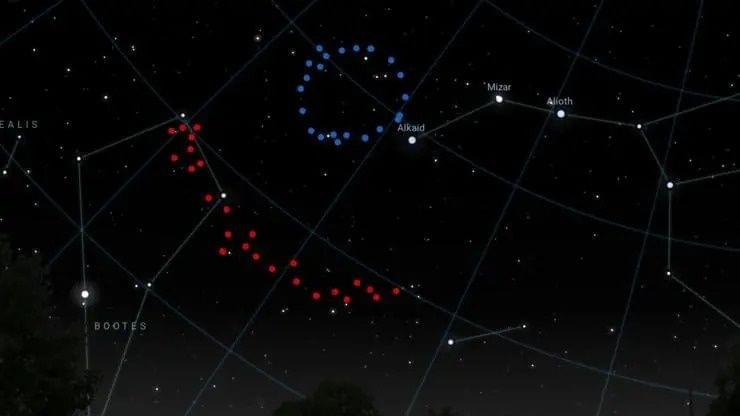
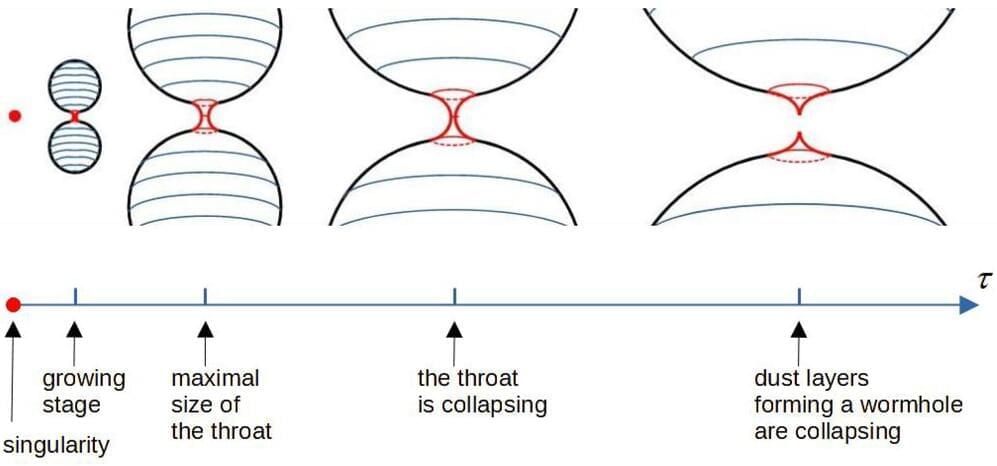
The expansion of the universe at some stage of evolution is well described by the Friedmann model. It was derived from general relativity a hundred years ago, but it is still considered one of the most important and relevant cosmological models.
RUDN University astrophysicists have now proven the theoretical possibility of the existence of traversable wormholes in the Friedmann universe. The research is published in the journal Universe.
“A wormhole is a type of highly curved geometry. It resembles a tunnel either between distant regions of the same universe or between different universes. Such structures were first discussed in the framework of solutions to the gravitational field equations a hundred years ago. But the wormholes considered then turned out to be non-traversable even for photons—they could not move from one ‘end of the tunnel’ to the other, not to mention going back,” said Kirill Bronnikov, doctor of physical and mathematical sciences, professor of RUDN University.
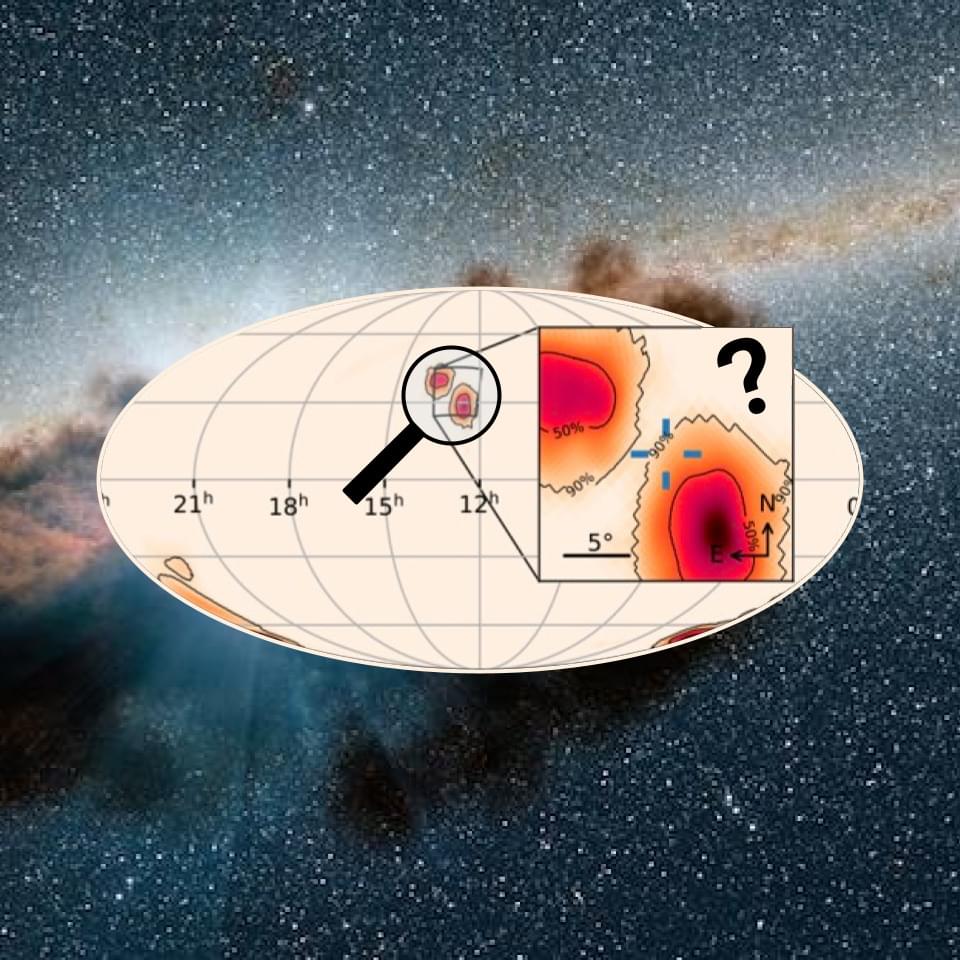
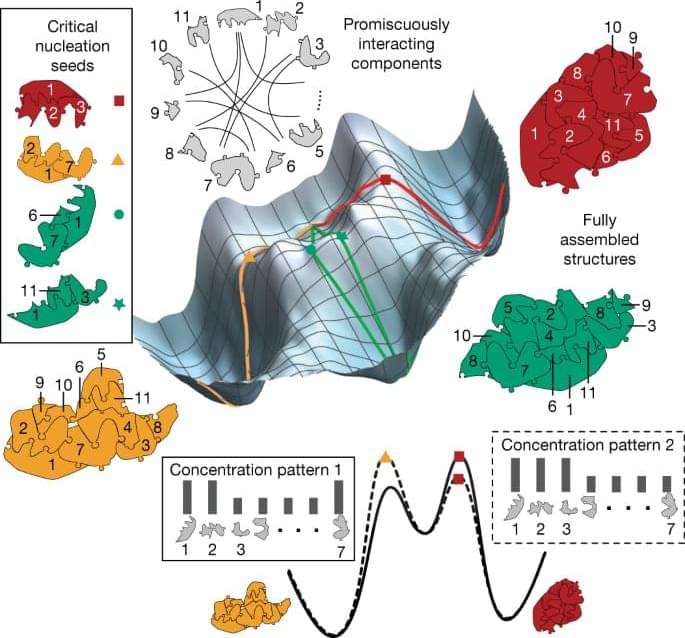
Can the intrinsic physics of multicomponent systems show neural network like #Computation? A new study shows how molecules draw on the rules of #physics to perform computations similar to neural networks:
Examination of nucleation during self-assembly of multicomponent structures illustrates how ubiquitous molecular phenomena inherently classify high-dimensional patterns of concentrations in a manner similar to neural network computation.
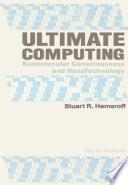
The possibility of direct interfacing between biological and technological information devices could result in a merger of mind and machine — Ultimate Computing. This book, a thorough consideration of this idea, involves a number of disciplines, including biochemistry, cognitive science, computer science, engineering, mathematics, microbiology, molecular biology, pharmacology, philosophy, physics, physiology, and psychology.